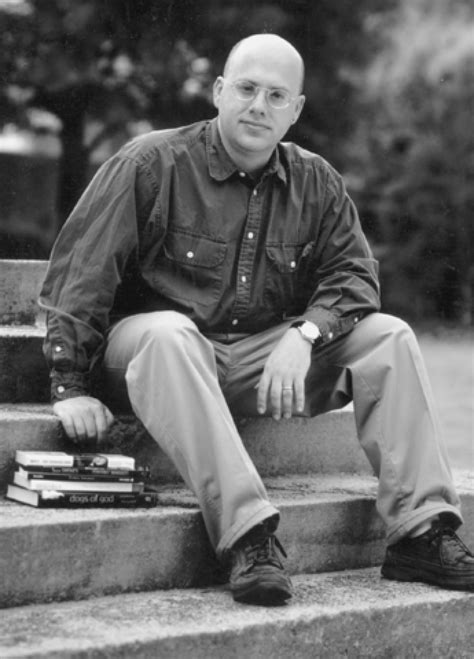A Quote by Mary McCarthy
For both writer and reader, the novel is a lonely, physically inactive affair. Only the imagination races.
Quote Topics
Related Quotes
How often I have tried to tell writing students that the first thing a writer must do is love the reader and wish the reader well. The writer must trust the reader to be at least as intelligent as he is. Only in such well wishing and trust, only when the writer feels he is writing a letter to a good friend, only then will the magic happen.
We must be forewarned that only rarely does a text easily lend itself to the reader's curiosity... the reading of a text is a transaction between the reader and the text, which mediates the encounter between the reader and writer. It is a composition between the reader and the writer in which the reader "rewrites" the text making a determined effort not to betray the author's spirit.
The characters within a book were, from a certain point of view, identical on some fundamental level ? there weren't any images of them, no physical tangibility whatsoever. They were pictures in the reader's head, constructs of imagination and ideas, given shape by the writer's work and skill and the reader's imagination. Parents, of a sort.
Now, as a reader, you shouldn't feel the decisions the writer makes about this DNA, or it would be boring beyond belief. But, as a writer, you're struggling to make these decisions. What should the title be? What's the first line? The point of view? And the struggle with the decisions is because you're trying to figure out WHAT IS THE NOVEL, WHAT IS THE NOVEL?
I do think some games are works of art, although their medium is visual rather than verbal. Both games and novels allow the reader/player to become a protagonist in the theater of the imagination. Both build worlds. In my opinion, the big difference between game and novel is in narrative structure. Communal role-playing games are open-plan without an end. A novel - at least the kind I write - has a closed structure with a beginning, a middle, and an end. I like that closed structure, and I feel I can say more with it.
That underscored this idea that when we're reading a book or writing a book, you're in an act of co-creation. The reader and the writer are both trying to dress up and present their best selves and then there's that moment, when suddenly, as a reader, you're not exactly you anymore, and likewise, as a writer, you're not really you.







































